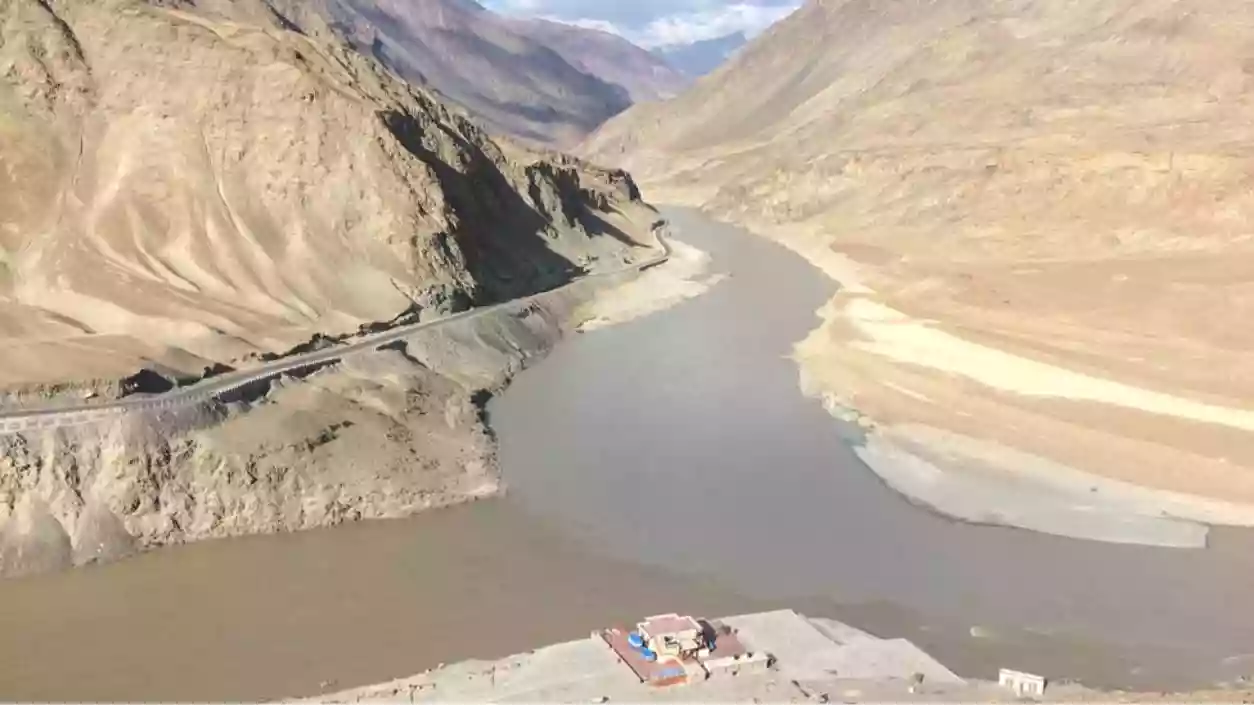.gif)
.gif)

Pakistan has formally requested India to reconsider its decision to suspend the Indus Waters Treaty (IWT), days after New Delhi halted the 1960 pact in response to the April 22 terror attack in Jammu and Kashmir’s Pahalgam that left 26 civilians dead. The letter, sent by Pakistan’s Ministry of Water Resources to India’s Ministry of External Affairs, warns of an internal crisis if water flows from the Indus River system are not resumed.
India suspended the treaty citing national security, with the Cabinet Committee on Security approving the decision. The suspension followed Operation Sindoor, launched by India on May 7, targeting terror infrastructure in Pakistan-occupied Kashmir and across the border. India communicated the decision officially on April 24 through a letter from Jal Shakti Ministry Secretary Debashree Mukherjee to Pakistan’s Water Resources Secretary Syed Ali Murtaza, stating that the treaty would remain in abeyance until Pakistan ends its support for cross-border terrorism.
Under the IWT, signed on September 19, 1960, India has unrestricted rights over the eastern rivers — Sutlej, Beas, and Ravi — while Pakistan is allocated the waters of the western rivers — Indus, Jhelum, and Chenab. After the suspension, India closed the gates of dams including Salal and Baglihar, as part of a short-term, mid-term, and long-term strategy to retain and fully utilise the western rivers. Jal Shakti Minister CR Paatil stated that the government is taking measures to ensure not a single drop of water leaves Indian territory unutilised.
Pakistan, which did not respond to India’s previous notices in January 2023 and September 2024 seeking review and modification of the treaty, has now expressed willingness to discuss India’s objections. In his response, Syed Ali Murtaza reportedly said that the suspension was unilateral and not in line with the treaty’s terms, which lack an exit clause. He conveyed that Pakistan is open to dialogue on India's specific concerns, marking the first such signal since the notices were issued.
India has maintained that the treaty, signed in the spirit of goodwill and friendship, no longer aligns with current realities including climate change, demographic shifts, and modern engineering techniques. India’s stance, reiterated by MEA spokesperson Randhir Jaiswal, is that the treaty will remain in abeyance until Pakistan “credibly and irrevocably” ends its support for terrorism. Discussions on potential modifications, if any, would be pursued bilaterally and without third-party mediation.